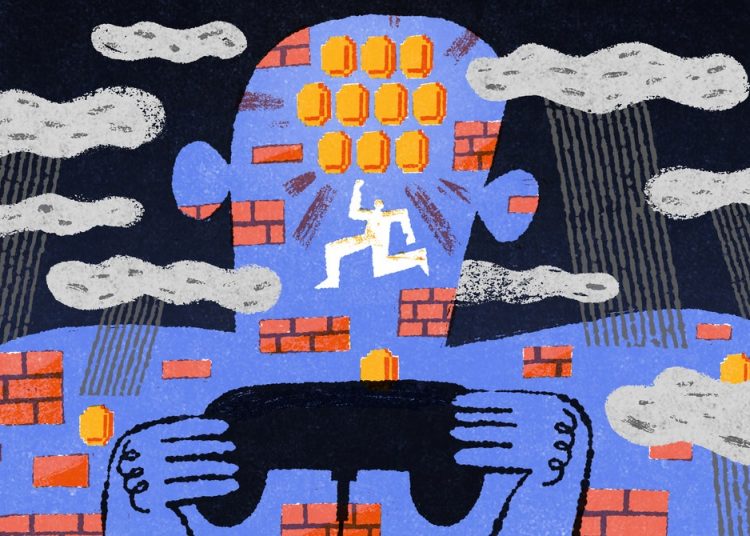Fortnite’s ability to keep gamers playing—not addicted, but certainly glued to the screen for extended periods—is well documented. In 2018, a year after the game’s official release, a 9-year-old girl in the UK was taken to rehab after deliberately wetting herself in order to keep playing—it became an international news story. A year later, in 2019, a Montreal-based legal firm sought to launch a class-action lawsuit against Epic Games; they argued that Epic had intentionally designed the game to be addictive. Prince Harry—as in, the royal who’s sixth in line to the British throne—proclaimed, during a media event, “That game shouldn’t be allowed.”
Despite the bad press, Fortnite, and games like it, have proven brain-related benefits. First- and third-person shooters improve spatial reasoning, decisionmaking, and, contrary to popular belief, attention. In an article published by Men’s Health, writer Yo Zushi said that “even the heart-racing pressure you feel as your mate hunts you down in Fortnite Battle Royale turns out to be good for you: ‘Positive stress’ in the context of gameplay helps to motivate you, while increasing your ability to focus IRL.”
It’s Not All Doom (and Gloom)
Neurological and psychological research on video games is in its infancy—it’s in its early alpha stage, if you will. That’s because video games, as we know them, are modern inventions. And when assessing the research so far, studies show that it isn’t all…



























































